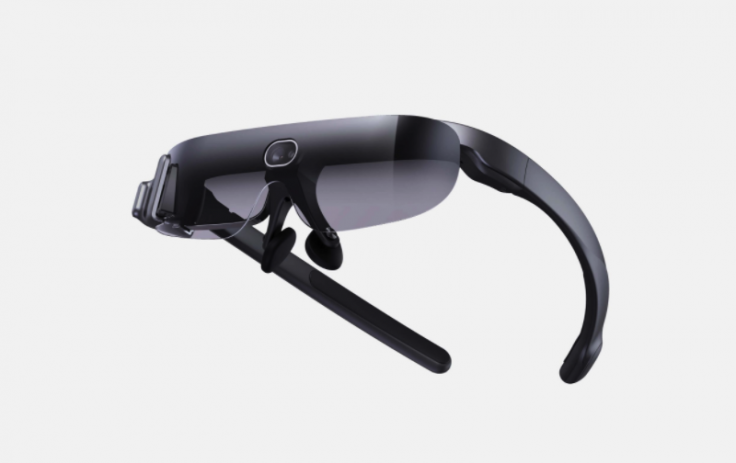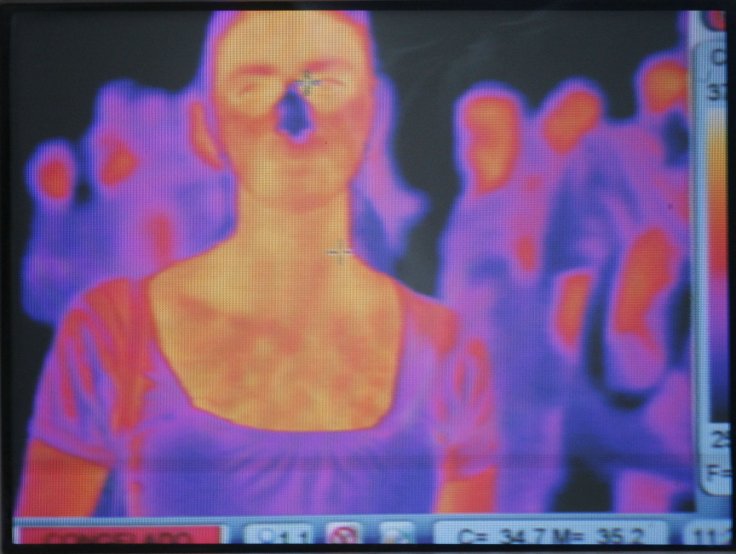Mainland China, the initial epicentre of the coronavirus outbreak, has seen a huge drop in the number of COVID-19 cases recently, a sign that it has successfully managed to contain the deadly virus that continues to spread rampantly around the world.
Technology has played an important role in the country's containment of the disease from smart helmets, to thermal-camera equipped drones as well as facial recognition software. Now the company has added one more device to its coronavirus-fighting resources – AI-powered smart glasses.
Smart glasses that can measure temperature

Security personnel in China have started wearing AI-powered smart glasses to single out people with a fever, which is one of the main symptoms of the coronavirus. The glasses are equipped with thermal imaging cameras that can measure an individual's temperature from up to a meter away.
The eyewear has been designed by AI startup Rokid, which claims each device is capable of checking the temperature of several hundred people in just two minutes, as reported by the South China Morning Post. Once the device detects someone with a fever, it automatically sends a notification to the staff and makes a digital record. The glasses also support real-time facial recognition and remote collaborative tasks.
Who is using these glasses?

The eyewear is currently being used by security guards in the Hongyuan Park in the city of Hangzhou. The park is among the growing number of public places in China that have reopened since the number of COVID-19 cases started to dwindle.
According to Rokit, it has been supplying multiple units of the smart glasses to the public security bureau and Hangzhou's highway police since January. It has also made them available to traffic authorities in the neighboring cities of Huzhou and Quzhou.
Is thermal imaging technology effective?

Although thermal imaging systems are being used at hospitals, airports, railway stations etc to screen people to screen people that could potentially be infected with COVID-19, the technology is only capable of measuring skin temperature, which isn't always the same as one's core body temperature, a tell-tale sign of a fever.
Moreover, the glasses are unable to detect infected individuals who are asymptomatic, which means they haven't started showing any symptoms yet. We already know that COVID-19 has an incubation period of about 2-14 days during which one can infect countless others. As demonstrated by Science Magazine, which reported that eight passengers who flew from Italy to Shanghai earlier this month tested positive for coronavirus after passing through the airport's thermal-imaging scanners undetected.









